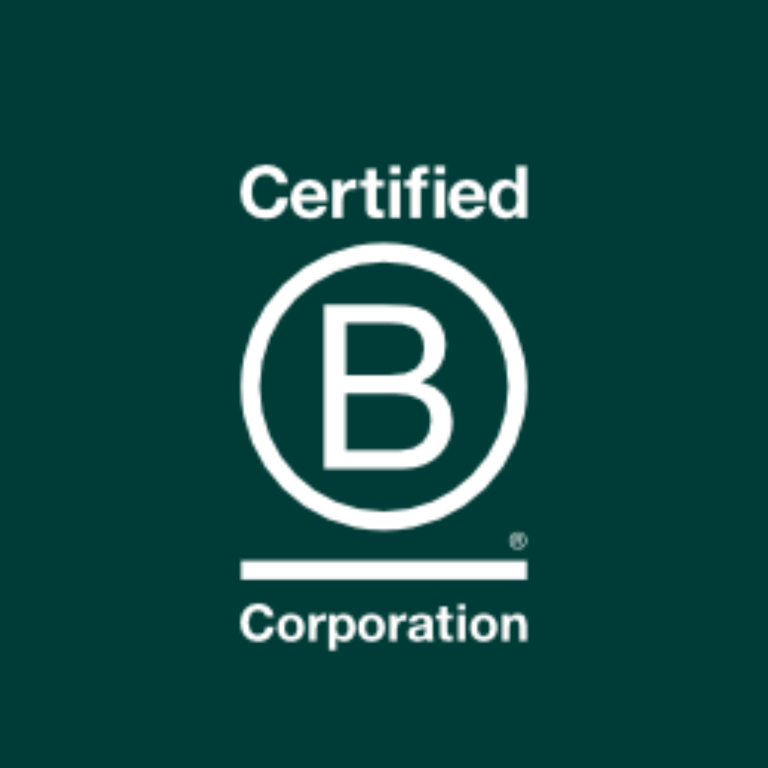
Directors and Officers – corporate culture responsibilities
In today’s business landscape, company culture plays a crucial role in shaping the success and reputation of organisations. Directors and Officers (D&O) bear increasing responsibility for fostering a solid and ethical culture from the top down. We discuss how neglecting or ignoring poor company culture can have far-reaching consequences, including reputational damage, employee relations issues, and not forgetting compliance risks. I also explore the implications of poor culture on D&O insurance, and we highlight the importance of proactive measures to mitigate risks.
What is the significance of company culture?
Paul Leach says, “Culture acts as the glue that binds businesses together, defining their values and guiding their actions. Ethics, transparency, and compliance underpin strong company cultures. Evaluating culture goes beyond superficial appearances; it entails assessing individuals’ behaviour when nobody is watching and doing the right thing, even on challenging days.”
Claire Carpenter says, ‘’A strong culture and accountability framework is also the backbone of the FCA’s new Consumer Duty, without which firms will unlikely meet the end of July implementation deadline. The term ‘culture’ is a nebulous concept because it can mean different things in practice, depending on both individual and firm values.
It’s more than just the company slogan and the motivational words on the walls. It’s a set of tangible behaviours exhibited at every business level. If I had a pound for every time a firm said to me that ‘’the customer is at the heart of our business’’, despite not discussing customer outcomes outside of compliance meetings, I would currently be living in the Maldives! The tricky bit is working out how you define and measure culture’’.
What are the actual exposures and responsibilities to directors and officers?
Paul Leach says, “Directors and officers shoulder a growing burden when setting the tone and ensuring a positive company culture.
Recent high-profile misconduct cases, such as the allegations against BrewDog, demonstrate the consequences of neglecting the oversight of company culture. BrewDog was accused of fostering a ‘culture of fear’. This case highlights the detrimental effects of leaders choosing to ignore poor culture. This accusation subsequently led to BrewDog losing its status as a BCorp organisation, which they had achieved only a few months before the media exposure of the allegations.
Leaders who disregard poor culture risk reputational damage, loss of certifications, and potential legal and regulatory consequences. Directors and officers must be highly conscious of their responsibilities and proactively address cultural challenges.”
Claire Carpenter says, ‘’The £7.38 mil FCA fine for Swinton back in 2013 is no less relevant today. Swinton was fined because they adopted an aggressive business strategy to boost profits at each process stage – design, launch and sale.
Furthermore, the FCA personally fined and banned the CEO, CFO and Marketing Director for allowing a culture to develop that pushed for high sales and increased profit without regard to the impact on the firm’s customers. The FCA stated that these three directors should have recognised the risk to customers and redressed the balance so that the drive to maximise profits did not jeopardise the fair treatment of customers.”
This example serves as an important warning to Directors and Officers that if a firm’s culture and strategy are not appropriately aligned with good customer outcomes, there can be serious consequences.
We discussed the actions that could be taken.
To effectively address company culture and mitigate D&O exposure, Paul Leach suggested that several actions should be taken:
1. Oversight of company culture: Directors and Officers must actively monitor its culture, ensuring it aligns with ethical standards and complies with regulations. You must be able to measure the culture within the firm using a mixture of qualitative and quantitative measurements. Ignoring poor culture or compliance risks can lead to severe repercussions.
2. Seeking feedback and listening: Regularly seeking employee input is essential to understand their concerns and challenges. Listening to their opinions and taking appropriate actions fosters a supportive culture and helps address potential issues. This should include directors and senior managers getting out of the Boardroom and experiencing first-hand what it is like to be a customer having robust ‘speak-up’ processes in place.
3. Employee engagement and awareness: Promoting employee engagement through listening sessions, surveys, and open communication channels allows directors and officers to gauge employee satisfaction and ensure an understanding of regulatory responsibilities. Engaged employees contribute to a positive culture and reduce risk exposure.
What impact does ignoring poor company culture by directors and officers have on D&O insurance coverage?
Paul Chainey says, “Directors and officers must recognise the critical role of company culture and their responsibilities in fostering a positive environment. Neglecting poor culture can result in reputational damage, employee disengagement, and legal and regulatory consequences. These factors can impact D&O insurance coverage in terms of the following:
Insurability: Companies with a history of poor culture may face difficulties securing D&O cover. Insurers assess the risk profile of the company and its directors and officers when determining cover, and a negative culture can be seen as a higher risk factor.
Cover limitations: Poor culture or misconduct allegations may lead to limitations or exclusions in D&O coverage. Insurers may argue that such claims fall outside the policy’s scope, potentially exposing the company, directors, and officers to financial risks.
Increased premiums: Companies with a poor culture track record or prior claims related to cultural issues may experience higher premiums. Insurers consider the risk profile and adjust premiums accordingly, making it crucial for companies to actively manage and improve their culture.
By actively addressing cultural challenges, seeking employee feedback, and promoting ethical practices, directors and officers can mitigate risks, maintain favourable insurance coverage, and safeguard their organisations and themselves from potential liabilities.”
Company culture is vital for organisational success and reputation. Neglecting poor culture can lead to reputational damage, employee issues, and compliance risks. Ignoring poor culture can affect D&O insurance by making it difficult to secure coverage, limiting policy scope, and increasing premiums. By proactively and genuinely addressing cultural challenges, directors and officers can mitigate risks and safeguard their organisations and themselves from liabilities.
For further guidance and support on operational resilience, please get in touch with [email protected]






